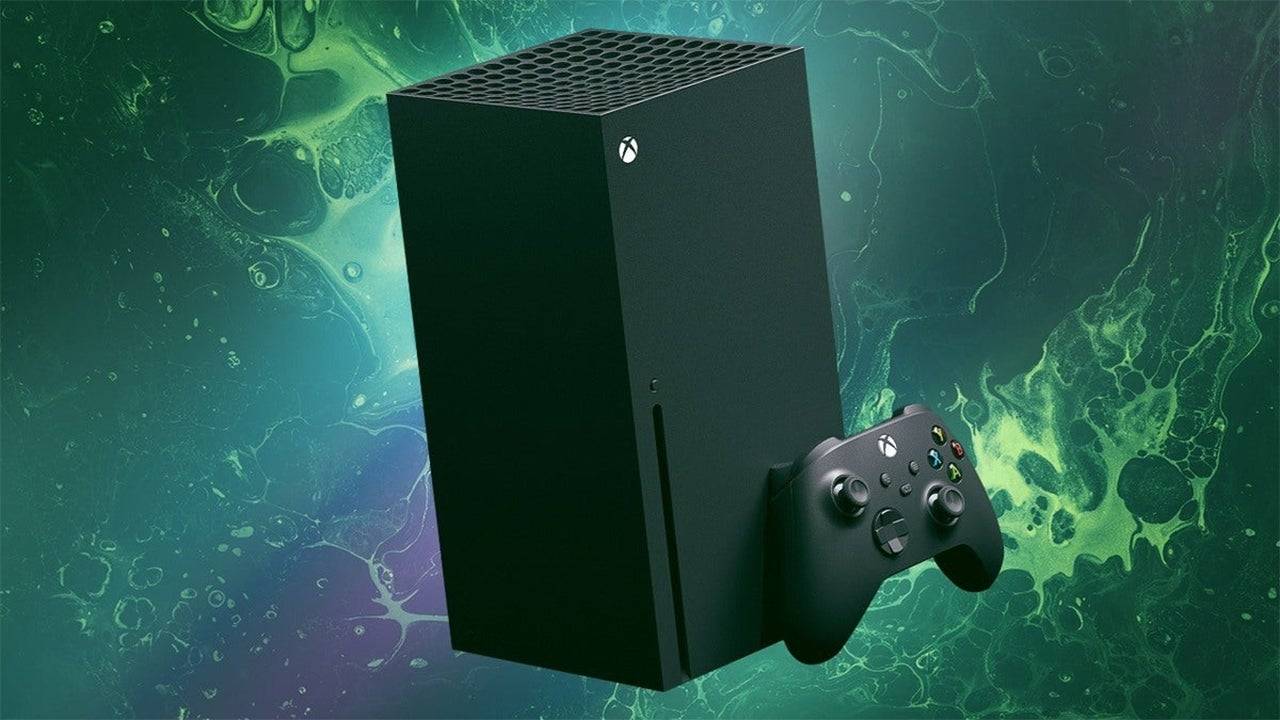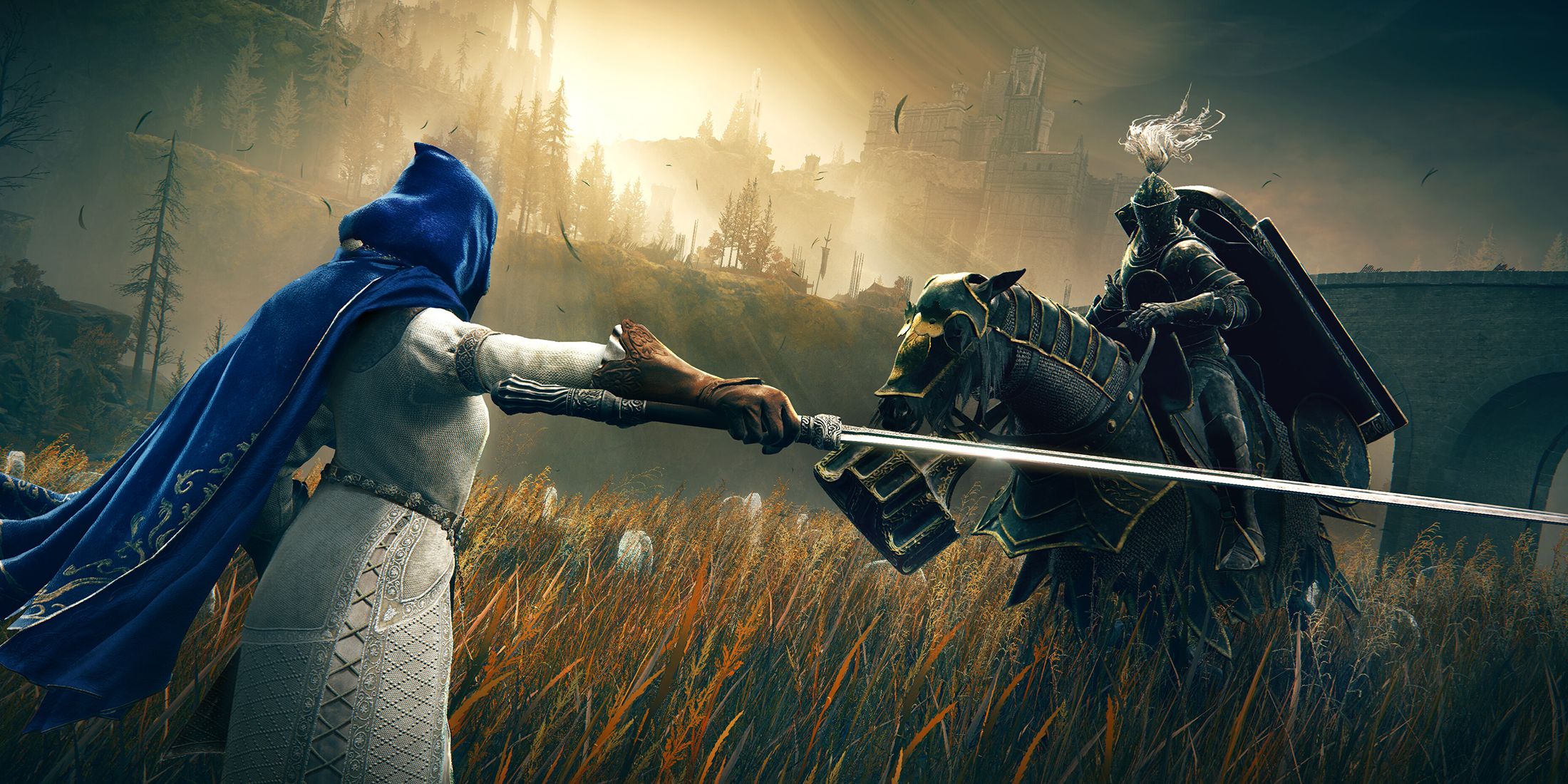Console War: Is It Over for Good?
The age-old debate between PlayStation and Xbox has been a staple of the gaming community for years, sparking discussions across platforms like Reddit, TikTok, and casual conversations among friends. While some gamers remain loyal to PC or Nintendo, the competition between Sony and Microsoft has shaped much of the video game industry's recent history. However, the landscape of gaming has transformed dramatically, especially with the rise of handheld gaming and the tech-savvy younger generations building their own gaming rigs. This evolution begs the question: Has a winner finally emerged in the console wars? The answer might surprise you.
The video game industry has surged to become a financial powerhouse, with its global revenue skyrocketing from $285 billion in 2019 to an impressive $475 billion in 2023. This figure surpasses the combined earnings of the entire global movie and music industries, which stood at $308 billion and $28.6 billion respectively in the same year. Projections suggest that by 2029, the industry will generate nearly $700 billion, highlighting its monumental growth from the days of simple games like Pong.
This lucrative trajectory has attracted high-profile Hollywood actors like Mads Mikkelsen, Keanu Reeves, Jon Bernthal, and Willem Dafoe to star in recent video games, signaling a shift in how gaming is perceived. Major corporations like Disney are also making significant investments, with a $1.5 billion stake in Epic Games during Bob Iger's second term to bolster its gaming presence. Yet, amidst this rising tide, Microsoft's Xbox division appears to be struggling.

The Xbox Series X and S were designed to be a significant upgrade over the Xbox One. However, the Xbox One still outsells the newer models by nearly double. According to Mat Piscatella of Circana, the current console generation may have already peaked in sales, raising concerns for Xbox. In 2024, the Xbox Series X/S sold less than 2.5 million units for the entire year, while the PlayStation 5 achieved the same sales figure in just the first quarter. Moreover, rumors suggest Xbox might be shutting down its physical game distribution department and potentially exiting the console market in the EMEA region.
Microsoft has acknowledged that it never saw a real chance of winning the console war. As a result, Xbox is shifting its focus away from traditional console sales. Xbox Game Pass has become a central strategy, with Microsoft willing to pay hefty sums to include major titles like Grand Theft Auto 5 and Star Wars Jedi: Survivor. This move underscores a pivot towards cloud gaming, as seen in Microsoft's "This Is An Xbox" campaign, which redefines Xbox as a service rather than just a console.
Rumors of an Xbox handheld device further suggest a shift towards a more versatile gaming platform. Microsoft's plans for a mobile game store and Phil Spencer's acknowledgment of mobile gaming's dominance indicate a strategic realignment. Xbox aims to be accessible anytime, anywhere, rather than being tied to a specific piece of hardware.

The shift to mobile gaming is undeniable, with over 1.93 billion of the 3.3 billion gamers in 2024 playing on mobile devices. Mobile gaming now represents a significant portion of the industry, valued at $92.5 billion in 2024, which is half of the total $184.3 billion market. Console gaming, on the other hand, accounts for just $50.3 billion, a 4% drop from the previous year. This trend explains Microsoft's pivot towards mobile gaming.
Mobile gaming's dominance isn't new; by 2013, it had already outpaced the West in Asia. Games like Puzzle & Dragon and Candy Crush Saga outperformed GTA 5 in profits that year. Looking at the 2010s, five of the highest-grossing games were mobile titles, including Crossfire, Monster Strike, Honor of Kings, Puzzle & Dragon, and Clash of Clans.
PC gaming has also seen significant growth, with 59 million new players annually since 2014, reaching 1.86 billion in 2024. Despite this, the gap between console and PC gaming has widened from $2.3 billion in 2016 to $9 billion in 2024, indicating a decline in PC gaming's market share.

Meanwhile, Sony's PlayStation 5 has enjoyed strong sales, with 65 million units sold to date, significantly outpacing the Xbox Series X/S's 29.7 million. Sony's profits in its Game and Network Services saw a 12.3% increase, driven by successful titles like Astro Bot and Ghost of Tsushima. Projections suggest Sony could sell 106.9 million PS5s by 2029, while Microsoft expects to sell between 56-59 million Xbox Series X/S units by 2027. This disparity highlights PlayStation's current dominance in the console market.
However, the PS5's appeal is somewhat limited by a lack of exclusive titles. Only 15 genuine PS5-exclusive games exist, excluding remasters. This scarcity has led to 50% of PlayStation users still playing on PS4s. The $700 PS5 Pro's lukewarm reception further suggests that the PS5 hasn't yet justified its price for many consumers. The upcoming release of Grand Theft Auto 6 could change this, offering a significant showcase for the PS5's capabilities.
So, who won the console war? If you ask Microsoft, it never believed it could win against Sony. Sony's PS5 is successful but lacks a transformative leap in gaming experience. The true victor seems to be those who opted out of the traditional console battle altogether. Mobile gaming's rise, with companies like Tencent eyeing acquisitions like Ubisoft, and the widespread popularity of games like Zynga's titles, suggests that the future of gaming lies in accessibility and versatility rather than hardware supremacy. The console war may be over, but the battle for dominance in mobile and cloud gaming is just beginning.
- 1 STARSEED Update: Codes for January 2025 Released Feb 25,2025
- 2 Pokémon TCG Pocket: Wonder Pick Date, Time, and Promo Cards – February 2025 Mar 03,2025
- 3 How to Get All Ability Outfits in Infinity Nikki Feb 28,2025
- 4 Black Myth: Wukong Tops Steam Charts Days Before its Launch Jan 07,2025
- 5 Ukrainian Internet Stalled as 'S.T.A.L.K.E.R. 2' Release Overwhelms Dec 30,2024
- 6 inZOI, a Korean Sims-Like, Delayed to March 2025 Mar 01,2025
- 7 Starseed Asnia Trigger Codes (January 2025) Mar 06,2025
- 8 Assassin's Creed Shadows Postponed to March 2025 for Enhancements Feb 21,2025
-
Budgeting & Investing: Your Guide to Financial Apps
A total of 9
-
Addictive Hypercasual Games for Quick Play
A total of 10
-
Best Role Playing Games for Android
A total of 10






























